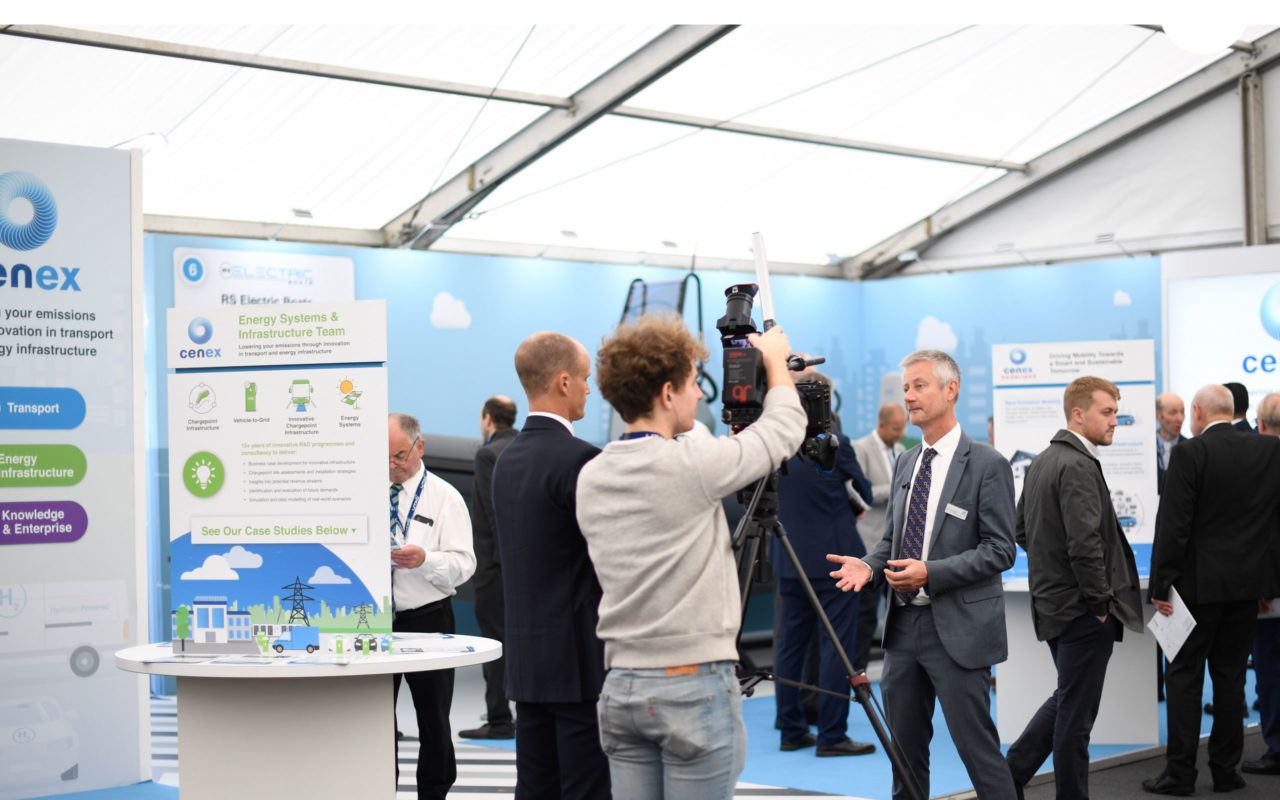
- Category:
- Press Releases
Low Carbon Vehicle Public Procurement Programme (LCVPPP) Reports
Low Carbon Vehicle Public Procurement Programme deploys 700 vehicles in UK
First use of Innovation Orientated Procurement for clean vehicles delivers 15% CO2 reduction in vehicles across 77 public sector fleets.
Download Summary Reports below:
The LCVPPP, which ran from 2008 to 2013, is one of the largest trials of electric and hybrid commercial vehicles carried out in the UK to date. Funded by the Department for Transport’s (DfT) Office for Low Emission Vehicles (OLEV) and managed by Cenex, LCVPPP placed 700 hybrid and electric panel vans from four different manufacturers within 77 public sector fleets.
The objectives of LCVPPP were to stimulate demand for low CO2 vehicles and foster a culture change in public sector fleets. The programme sought to stimulate both suppliers to bring forward low carbon vans to meet customer demand within the context of a programme designed to manage the risk of trialling new vehicles, promote innovation, unit cost reduction and to measure and report on the performance of low CO2 vehicles in real-world driving conditions.
Overall, the procurement programme successfully rolled out 700 electric and hybrid vans. In doing so, the project also demonstrated real world validation of the new technologies, whilst providing evidence of learning, cost reduction and economies of scale for fleet operators and low carbon technology manufacturers.
Only the Ashwood Hybrid van conversion met the price and performance criteria for inclusion in the second phase of the project triggering procurement of a further 500 vehicles. The data presented in these reports shows how the phase 1 Ashwoods vehicles travelled a total distance of 3,650,000km, completed 7,000+ refuelling events and fuelled with 92,000 gallons of diesel. Overall, laboratory testing showed the hybrid vehicles achieved a 15% CO2 saving compared with a comparator diesel vehicles. The central feature of the LCVPPP was a vehicle procurement exercise encouraging the deployment of low carbon vans across public sector fleets. The Programme was designed to use Innovation Oriented Procurement to help push innovative technology into the marketplace.
Innovation Oriented Procurement (IOP) is defined by the Manchester Institute of Innovation Research as any public procurement activities that aim at stimulating the creation, improvement, adoption and diffusion of innovative solutions.
Commenting on the report, Chris Walsh, Head of Technical Support and Consultancy at Cenex said, “The LCVPPP, managed by Cenex, has demonstrated that Innovation Orientated Procurement can be successfully used to bring new low carbon vehicles to the market, at a scale that makes real impact. The programme has validated these vehicles in real world conditions, and offers evidence of learning, of cost reduction and of market growth in the use of low carbon vehicle technologies for public sector fleets across the UK.”
Low Carbon Vehicle Public Procurement Programme deploys 700 vehicles in UK
The objectives of LCVPPP were to stimulate demand for low CO2 vehicles and foster a culture change in public sector fleets. The programme sought to stimulate both suppliers to bring forward low carbon vans to meet customer demand within the context of a programme designed to manage the risk of trialling new vehicles, promote innovation, unit cost reduction and to measure and report on the performance of low CO2 vehicles in real-world driving conditions.
Posted 26/03/2015